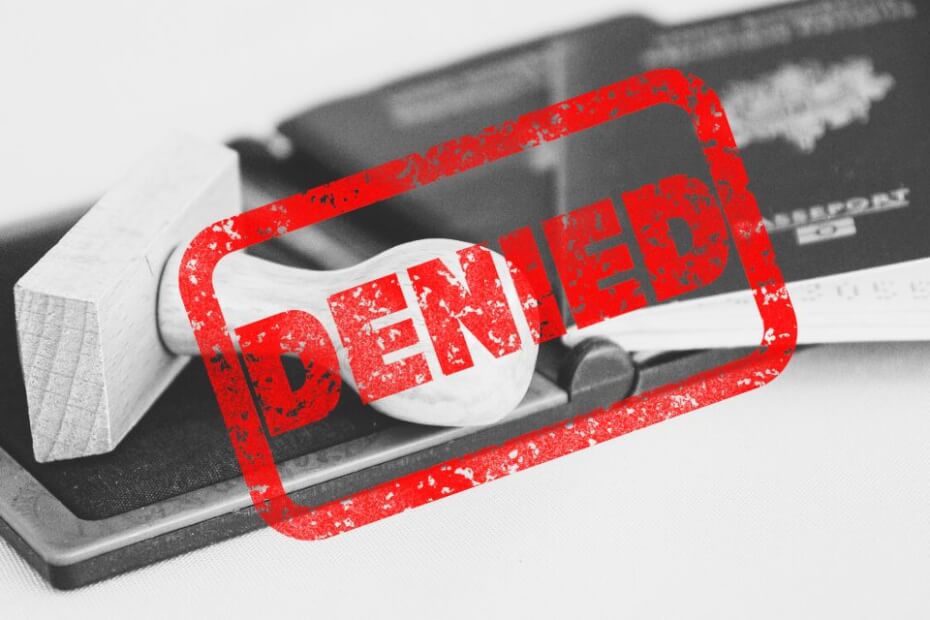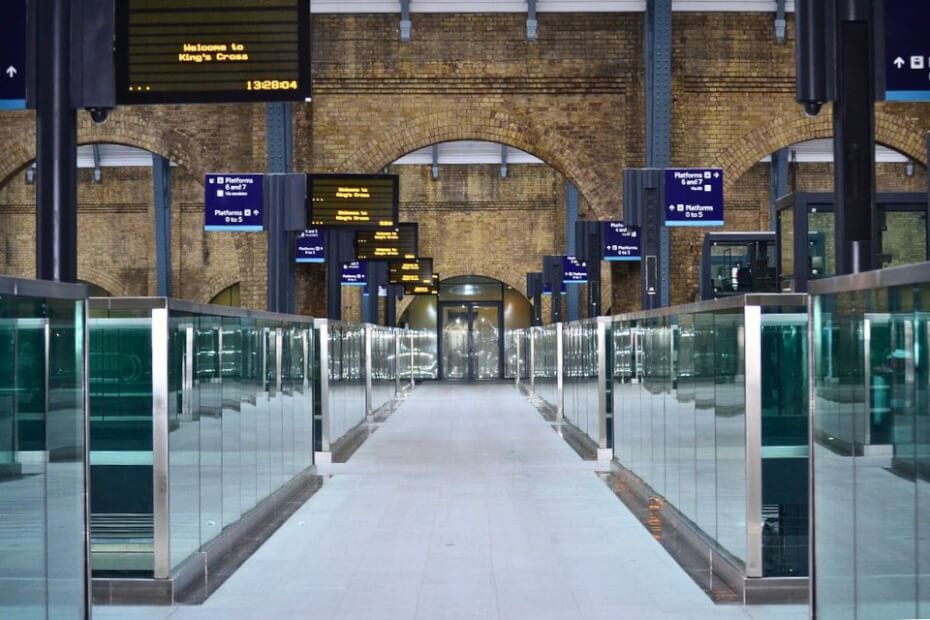
The United Kingdom (UK) is rolling out its Electronic Travel Authorization (ETA) to all non-visa nationals in 2025. The new digital permit scheme pre-screens individuals before arrival, which means some may be denied an ETA.
The ETA scheme is designed to improve UK border security and streamline travel for low-risk individuals. It was modeled after similar pre-travel authorization systems used by the United States, Canada, and Australia.
This article explores the common reasons for UK ETA denials and what applicants can do to avoid or address rejection.
Understanding the UK ETA
The ETA is an electronic travel authorization linked to a traveler’s passport. Non-visa travelers must apply and obtain one before their trip to the UK. It is required for anyone planning a short visit to the UK, whether arriving by air, sea, or land.
Applying for an ETA involves completing an online form, providing personal details, answering security questions, and paying the £10 fee. The decision is typically issued within three working days, but travelers are advised to apply at least 72 hours before departure.
Most ETA applications are approved without issue. While it’s rare that a non-visa national is denied an ETA, denials can be expected for several reasons.
Reasons for ETA denials
Once an application is submitted, it cannot be amended or withdrawn. It’s best to double-check all information before applying. Honesty is also crucial in answering security questions.
Understanding the reasons for rejection can help applicants ensure that their forms are completed accurately and thoroughly. It can range from simple errors to grave issues.
1. Errors or omissions in the application
One of the most common reasons for an ETA denial is incorrect or incomplete information. Even minor mistakes can lead to rejection. These include:
- Typographical errors in passport details or personal data
- Missing required fields, such as contact information
- Failing to declare previous visa refusals or criminal convictions and other pertinent information
2. Providing false information
An ETA application will be denied if the information submitted in the application form is false, regardless of whether or not the applicant willingly provided the applicant. This is a grave offense that can affect future applications.
3. ETA ineligibility
An ETA is required only for non-visa nationals planning to come to the UK for short visits of up to six months. This can include tourism, visiting family and friends, permitted business activities, and short course study. It is also mandatory for non-visa nationals transiting through UK airports and those coming to the UK under the Creative Worker visa concession.
Travelers from visa-required countries must apply for a UK visa. Those intending to work, attend long-term study, marry, or settle in the UK must also apply for the appropriate visa.
4. Criminal record
Applicants with certain criminal convictions may be denied an ETA. The system cross-references applicant information with international law enforcement databases such as Interpol. However, not all those with criminal records will be denied an ETA.
Minor offenses and those committed overseas but on offenses not recognized by UK law may not be considered for ETA denials. The Home Office typically considers the gravity of the offense, penalties received, and when the crime occurred.
Applicants who have a criminal record that would result in automatic ETA denials are the following:
- Those convicted of a crime in the UK or elsewhere who received a prison sentence of 12 months or more.
- Those convicted of a crime within the last 12 months

5. War crimes, terrorism and extremism
Any connection to terrorist organizations or activities will likely result in an automatic denial. ETA applicants must also disclose any associations or visits to countries in conflict that may concern UK authorities.
6. Previous immigration violations
A history of ETA and visa refusals, deportations, or overstaying a visa in the UK or another country can raise red flags. Applicants must disclose if they have been refused entry to the UK or any other country.
An applicant’s previous applications for asylum or appeals related to immigration may also be scrutinized.
7. Unpaid litigation costs
The UK Government may deny an ETA to those who have unpaid litigation costs with the Home Office.
8. Potential threats to national security
Some applicants may be denied due to being a potential threat to the country’s national security. This includes convictions that do not fall within criminality grounds.
9. Exclusion or deportation order
ETA applicants will be denied if they are under an exclusion order, have a deportation order, or are awaiting a decision on one.
How to avoid ETA denials
Here are a few guidelines to avoid being denied an ETA.
- Complete the Application Accurately: Carefully review all entered information before submission.
- Be Transparent: Fully disclose past visa refusals, immigration violations, or criminal convictions.
- Provide Supporting Evidence: When applying for an ETA, monitor all communications. If the Home Office needs additional documents to consider the ETA application, supply these promptly and accurately.
- Plan Ahead: Apply for an ETA well before the intended travel to the UK to allow time to address any issues.
What to do after an ETA denial

The Home Office will state the reason for an applicant’s ETA denial. A denied applicant could re-submit a new application and pay the fee again if it was due to simple mistakes such as misspellings or missing information.
There is no administrative appeal process for ETA denials. Applicants can only request a review if the refusal is made through automation.
However, the Home Office states that ETA denials are made by human decision-makers, which makes them ineligible for a review. The only other recourse is to apply for a judicial appeal, which involves a long and arduous process.
ETA applicants denied due to serious grounds such as criminal records or past immigration breaches must instead apply for an appropriate UK visa.
However, they may need to consult a legal expert for guidance on proceeding should their visa application be denied for the same reasons.
Final thoughts
A UK ETA denial can be frustrating, especially for travelers with urgent plans. Understanding the reasons for refusal and taking proactive steps to ensure accuracy and honesty in your application can reduce the risk of rejection.
As the UK fully implements this system by 2025, staying informed about the requirements will be key to a smooth travel experience.

